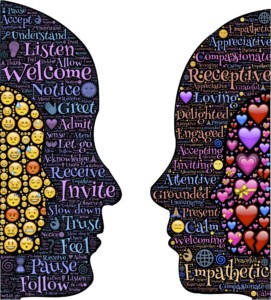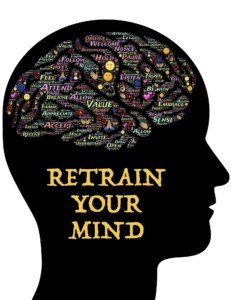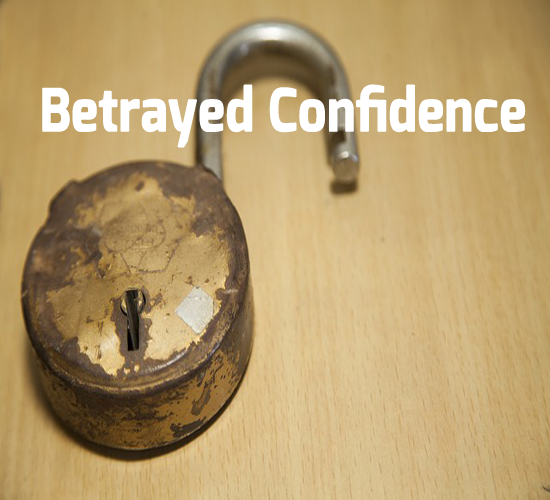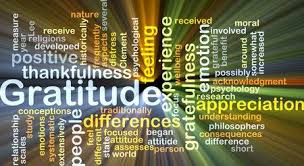 A while back I had a phone conversation with a long-time friend and colleague. We hadn’t spoken in years so it felt good to open up to someone I respected and trusted.
A while back I had a phone conversation with a long-time friend and colleague. We hadn’t spoken in years so it felt good to open up to someone I respected and trusted.
He told me about his long-term personal relationship ending poorly. I shared my own story of a marriage/business partnership ending badly, with someone I’d been more open to and vulnerable with than any previous relationship. I was sharing the range of feelings I’d experienced throughout the separation and divorce when, to my astonishment, this person informed me I was ‘being a victim’ and that I ‘didn’t have to experience any of those emotions’. Instantaneously, my guard went up … to which I was then accused of being ‘defensive’.
As I considered terminating this increasingly hostile phone encounter, I wondered how my earlier sense of safety in sharing intimate aspects of my personal life with this person, had changed so radically in such a short period of time. A wonderful communication transitioned so quickly into a battle. When I challenged his pouncing on me with diagnosis and a supposedly superior course of action, he got quiet. He then told me what I had just said was something that’s been reflected to him before. When we had both calmed down, I related to him that to the best of my ability, the approach I’d been using seemed to be working reasonably well.
 I said that if I had, in fact, been victimizing myself, it would have been nice (and more tactful) for him to have used a process of inquiry with me, allowing me the opportunity to explore that possibility, rather than having it shoved down my throat.
I said that if I had, in fact, been victimizing myself, it would have been nice (and more tactful) for him to have used a process of inquiry with me, allowing me the opportunity to explore that possibility, rather than having it shoved down my throat.
Since that event, I’ve wondered how often people perceive someone as trustworthy enough to open up to, only to have that person, in the name of being a friend or confidant with the best of intentions, offer feedback in such a way that causes the person to shut down or pull away?
I came to realize over time that we each have our own visual, audible and kinesthetic way of experiencing this three-dimensional reality we live in. If we were all wired the same, we’d have a much better chance of understanding and being understood.
The problem is assuming that everyone else experiences and deals with the world as we do. This is an assumption on our part complicated by confirmation bias; where we’re aware of and accept information which supports our views, and we disregard that which does not. If,  however, we make a conscious effort to at least try and see, hear and experience things from another persons point of reference, whether we’re the one expressing or receiving, we begin to circumvent misinterpretation and misunderstanding.
however, we make a conscious effort to at least try and see, hear and experience things from another persons point of reference, whether we’re the one expressing or receiving, we begin to circumvent misinterpretation and misunderstanding.
When people open up to you about things which have, or are still happening in their life personally or professionally – take a moment to adjust your filter of perception. You haven’t gone through exactly what they have, and even if it appears as though you have. You didn’t go through it with their mind, or in their body. Their physical, emotional and mental makeup is unique to them. You can’t expect them to think, feel, or act as you do. Take a step back to see if these more intimate interactions are the quality of experience you want to create.
© 2018 Barry Moniak [555 words]
Permission To Reprint
Permission to reprint is hereby given, with the understanding that:
1 ~ Include with article: copyright notice, authors bio, contact info, click-able link to endinmind.com
2 ~ Digital copy of publication in which the article is published sent to [email protected]
3 ~ If an article needs to be adjusted by length, title, industry specific examples, stories, etc.,
call (801) 474-3500 or email [email protected]. We are happy to customize it for you.







